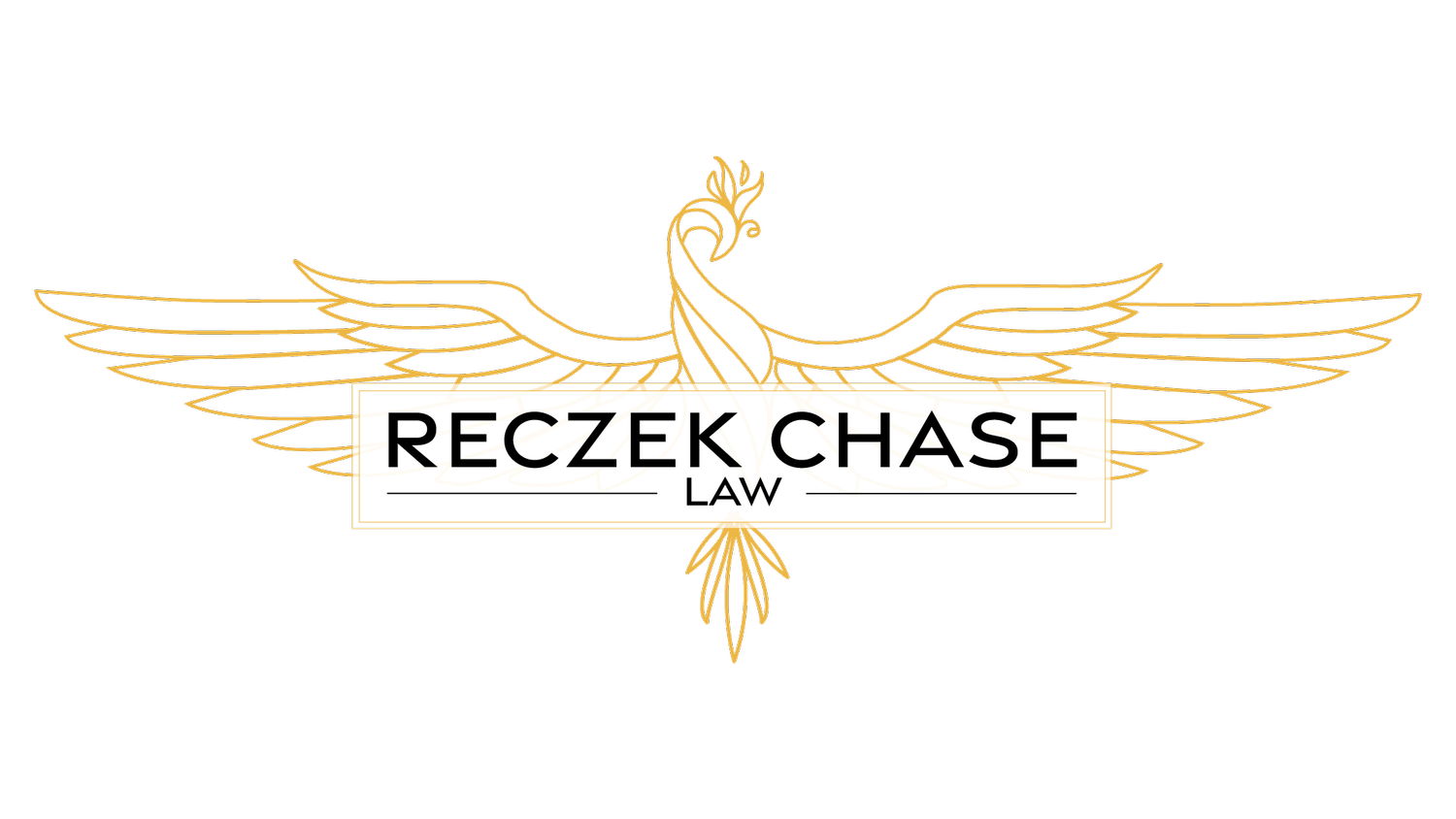On the Dobbs Decision.
The right to be free from government intrusion into the American personal lives has been lost. Every person—every person—in this country must now reckon with the government’s presence in the most intimate and sacred parts of our lives: from the operating table and the church house to the bedroom and the wedding altar. We are devastated, outraged, and energized.
The namesake of the law school that Julie and I graduated from, Justice Louis D. Brandies, wrote a watershed article in the Harvard Law Review more than a hundred years ago that defined, and was the progenitor of, our modern-day notions of privacy in this country. Justice Brandies defined the right of privacy as simply “the right to be let alone.”
This right to be left alone, as the Supreme Court of the United States has recognized for the last century, is inherent in our Constitution. For example, the First Amendment to the Constitution gives all people the right to speak freely, or not speak at all, without fear of governmental intrusion or retribution. Under the Third Amendment (which enumerates the right to be free from quartering agents of the government), the Fourth Amendment (which enumerates the right to be free from unreasonable searches and seizures by agents of the government), and the Fifth Amendment (which enumerates the right to be free from self-incrimination) all contemplate that The People have a right to privacy in their homes and personal affairs. Further, the Ninth Amendment—my personal favorite Amendment—restricts the government from restricting any rights retained by The People, but not specifically enumerated in the Constitution. Finally, the Fourteenth Amendment prohibits the government from depriving The People of Life, Liberty, or Property, without Due Process of law.
These Constitutional provisions have given Americans most—if not all—of the freedoms we now enjoy. The Dobbs decision released today effectively undermines and rejects the Constitutional underpinnings that support the social progress of the last seventy years. In place of an individuals’ ability to make healthcare decisions, this decision puts the government in the hospital room.
We see several immediate consequences of this decision.
People who have the ability to get pregnant and give birth who are seeking family planning services in this country have fewer options than ever, and will no longer have access to comprehensive medical care related to their reproductive health. Many of these folks lack the finances to avail themselves of opportunities to travel out of state for this care. This is particularly true for the poor, disabled, Black, and Indigenous pregnant people who already face immense violence in medical settings.
In many states, individuals needing comprehensive medical care related to their reproductive health will be prosecuted for seeking necessary medical treatment—again, disproportionately poor, disabled, Black, and Indigenous people.
Individuals undoubtedly will be resorting to self-induced abortions. Some of which will go wrong, and these folks will require emergent medical care. That care now will be accompanied by a threat of criminal prosecution, thereby causing medical facilities to be reluctant to provide the care, and causing people to be reluctant to seek it.
To be perfectly clear, people will die because of this decision.
This decision prioritizes the health of a fetus over the health of the person in whose body that fetus is developing. Children who have been impregnated due to rape and incest will be forced to carry those fetuses to term. From a child welfare perspective, the trauma that will result from being forced to continue with unwanted and/or dangerous pregnancies will be far-reaching. And, there will be more children born to families who cannot provide safe and suitable care for those children with our social safety nets already nearly non-existent.
The right to a private, confidential relationship with one’s doctor won’t exist for people seeking reproductive healthcare.
Individuals and couples who have embryos cryopreserved now will likely be subject to state interference regarding the disposition of those embryos. This already is the case in Arizona. Anyone undergoing IVF will have to be thinking about this issue in a very different way.
Long term, and just as importantly, the decision will also have a devastating effect.
In a concurring opinion, Justice Clarence Thomas—who, in his confirmation hearings, was accused of sexually harassed Anita Hill while her supervisor at the Department of Education and the EEOC—stated that the high court “should reconsider all of this Court’s substantive due process precedents, including Griswold, Lawrence, and Obergefell.” Respectively, these decisions acknowledge the right of the people to access contraceptives without governmental interference, the right to be free from imprisonment by the government based upon sexual orientation, and acknowledgement of the equal right to marry without the government interfering with that union.
I want to take a moment here to point out the other landmark cases that rely upon on the right of privacy:
In Meyer v. Nebraska (1923), the United States Supreme Court, based on the right for parents to make private decisions about their family unit, held that parents, and not the government, may decide for themselves if and when their children may learn a foreign language,
In Pierce v. Society of Sisters (1925), the United States Supreme Court concluded, based on the right of parents to make private decisions about their family unit, that the government cannot force parents to send their children to public rather than private schools.
In Skinner v. Oklahoma (1942), the United States Supreme Court struck down an Oklahoma law that required the sterilization—we are talking forced castration and hysterectomy—of people found to be “habitual criminals,” based on the idea that all people have a fundamental right and privacy interest in making choices about marriage and procreation.
In Loving v. Virginia (1967), the United States Supreme Court struck down a Virginia law that prohibited interracial marriages, with the Court declaring that decisions in this arena are private, and not those with which the State can interfere.
To recap, the long-term effect of this decision places at stake the right to decide whether or not to be a parent, the right to marry regardless of race or sexual orientation, the right to be free from government-forced sterilization, and the right of parents to make decisions about the upbringing of their children.
As lawyers, we are keenly aware of what has been placed at risk with this decision. Lives will be lost and destroyed as a result of it. We mourn this deep, painful loss. We also feel these immediate effects and anticipate the long-term effects of this decision.
We will not lie to you: the odds of the right of privacy and self-determination surviving another decade are bleak. We want to do what we can to put you and your family at ease considering the stakes. To do that, we are announcing a pay what you can life-planning clinic to come later in the year. In service to our community, we want there to be no barriers to access this service.
LGBTQ+ folks who want to give your partner the ability to make decisions for you regardless of whether the right to marry remains or is revoked by the court are more than welcome to reach out to us.
We are mad, we are hurting, but we are not afraid. We will organize, we will vote, and we will do our part to see that the fight for equity, freedom, and civil liberties lives on, regardless of the anti-democratic institutions working against us.
We are strongest when we are united. We hope you join us in this work.
Ethan Chase, Esq.

